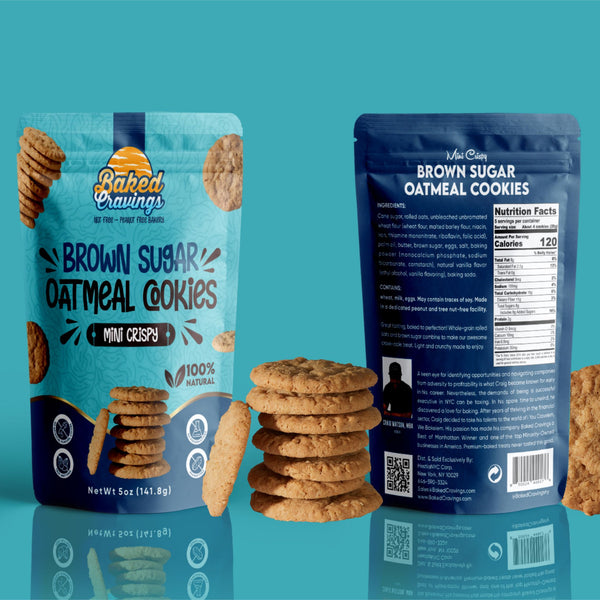How to Determine Food Allergies vs Food Sensitivities
Photo by Alex Haney on Unsplash
Having food allergies and sensitivities can put a damper on any meal. As an adult, you most likely already know what you can consume safely, but that doesn't mean an allergy or sensitivity cannot come over time. Kids can also have a food allergy or sensitivity, but with them being young they can likely grow out of it, but that is not always the case. It is important to know the difference between a food allergy vs food sensitivity for not only, but your kids as well.
What Are Food Allergies?
A food allergy is when your body's immune system has an abnormal reaction to certain foods. If you or your child start to have symptoms after eating a certain item that could be the indication of a food allergy. As mentioned, having a falling allergy can come at any age for you or your child.
Food allergies are mediated by Immunoglobulin E antibodies (IgE). The most common IgE-mediated food allergies, especially in infants and children, are eggs, milk, peanuts, tree nuts, soy, and wheat. An allergic reaction ranges from mild to severe and can be potentially life-threatening but all symptoms should be taken seriously. Allergic reactions usually involve the skin, mouth, eyes, lungs, heart, gut, and brain. For example, if your child is allergic to peanuts they may experience swelling of the lips, tongue, and throat.
Mild and severe symptoms can also lead you or your child to experience anaphylaxis shock, which involves more than one part of the body that gets worse quickly. This reaction must be treated right away to prevent life-threatening results. The best way to treat anaphylaxis is with an auto-injector of epinephrine also known as an epi-pen. People that are aware that they have severe allergies tend to carry this around in case of any incidents.
What Are Food Sensitivities?
A food sensitivity is a non-life-threatening reaction to certain foods that your body can not properly break down. For example, your body could be sensitive to natural sugars that certain foods like onions, broccoli, or brussels sprouts contain.
Unlike allergies, food sensitivities could have a delayed reaction. You may not realize that you or your child has food sensitivities until years down the line due to the delayed reactions to the symptoms. Having a food sensitivity varies from person to person but some food groups are commonly known to cause discomfort. Common delayed symptoms after eating a certain food are diarrhea and bloating.
Dairy products are a common sensitivity that may cause individuals to experience a delayed reaction. Gluten is another food group that is common for individuals to experience sensitivity. Gluten is often found in a variety of grains like wheat and rye or items like crackers and beer.
Having A Child With A Food Allergy
If you are a parent with a child that has a food allergy, it can be worrisome with sending them off to school or camp. Consider using allergy stickers that identify your child's allergies so that everyone is aware. These stickers will clearly identify the allergens doctors have advised your child to not eat. Stick these food allergy stickers on their lunchbox or somewhere visible to eliminate the chances of them eating the wrong food.
Food allergies and sensitivities don't have to affect your throat process each time you sit down for a meal. Be sure to monitor you and your child's food carefully to keep in control of the foods you all are eating.


















